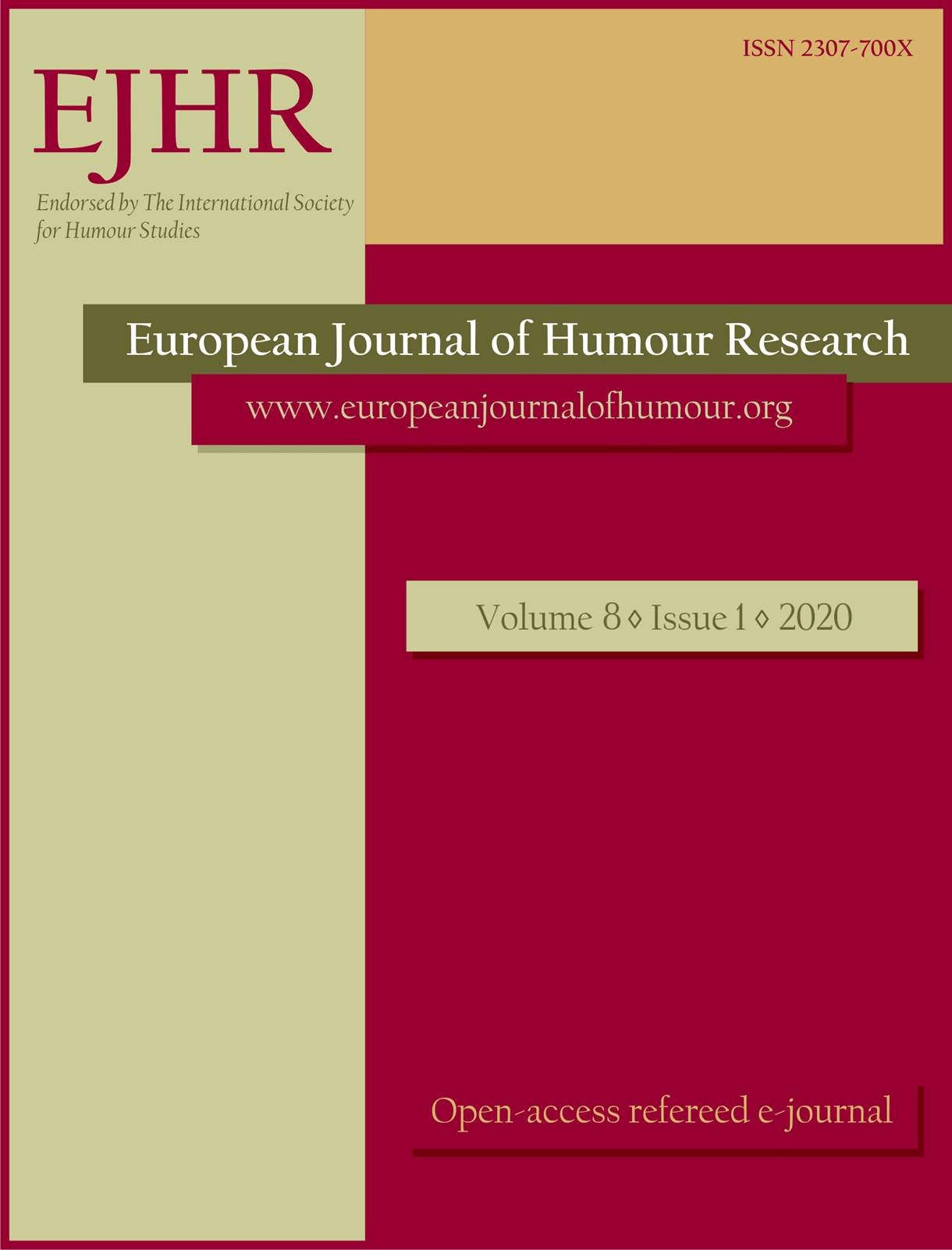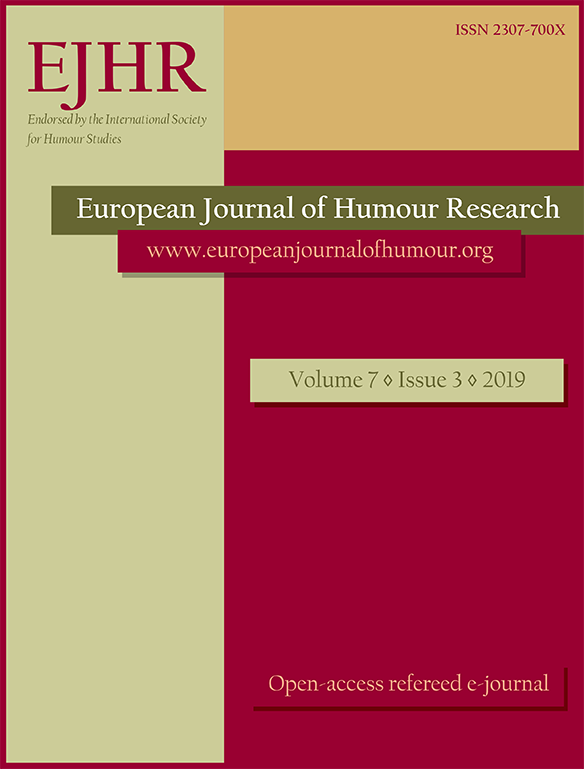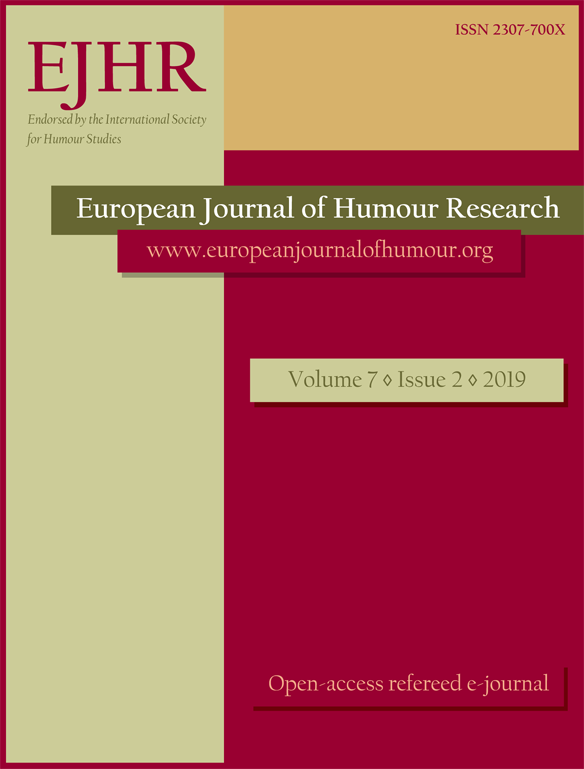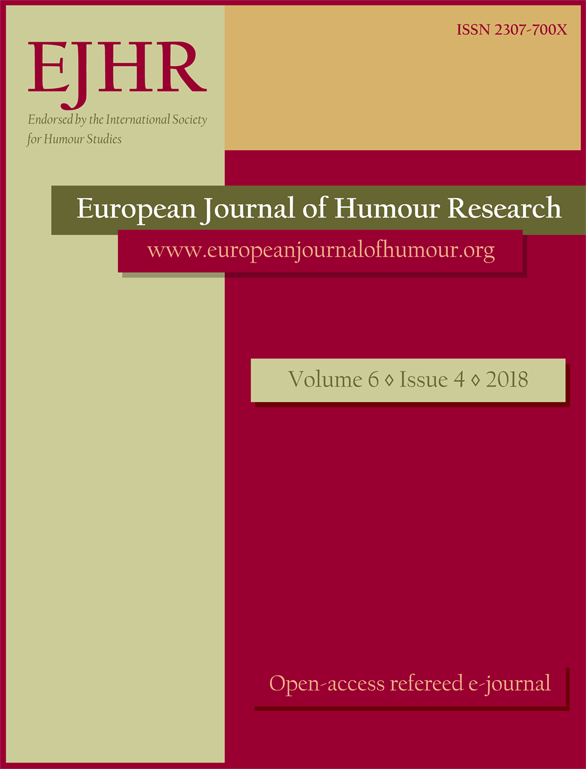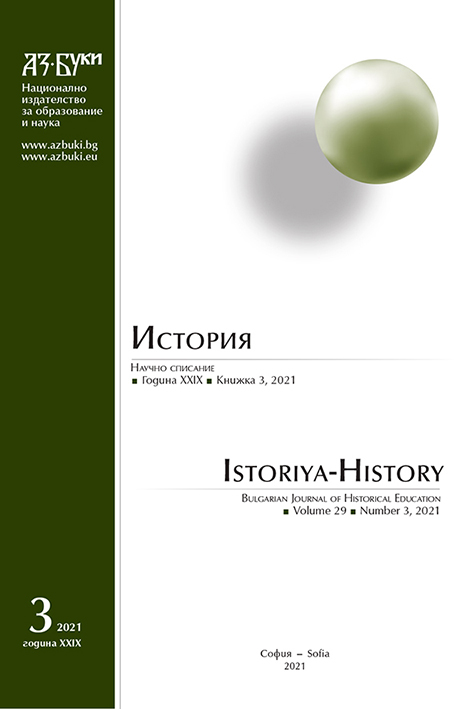
We kindly inform you that, as long as the subject affiliation of our 300.000+ articles is in progress, you might get unsufficient or no results on your third level or second level search. In this case, please broaden your search criteria.

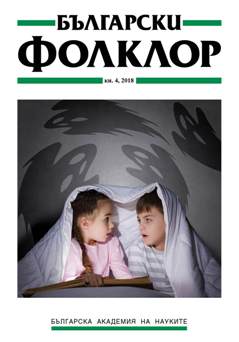
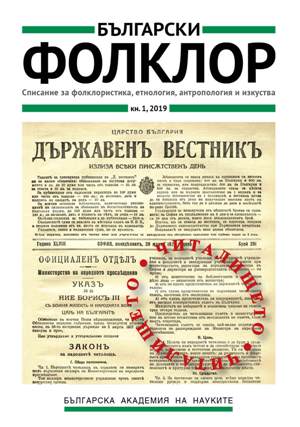
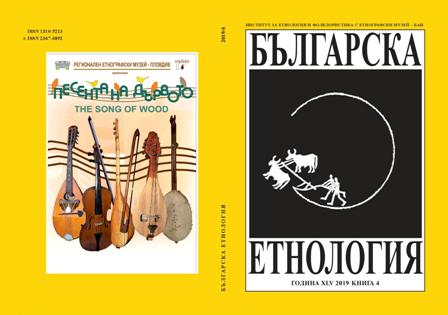
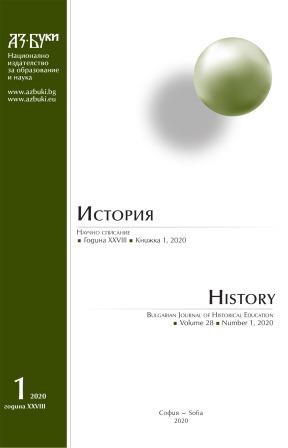
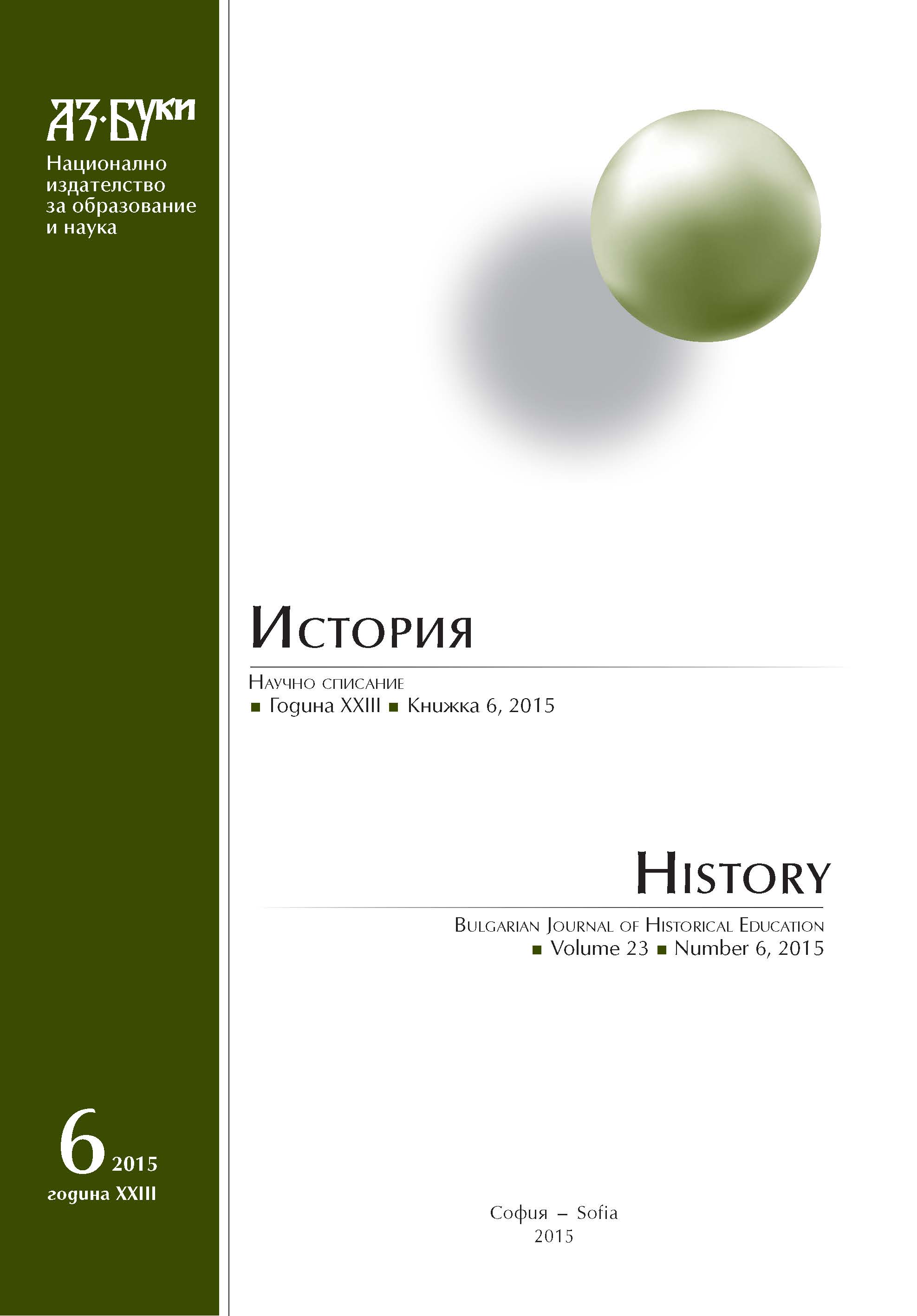
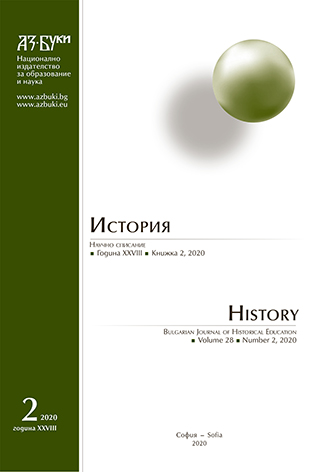
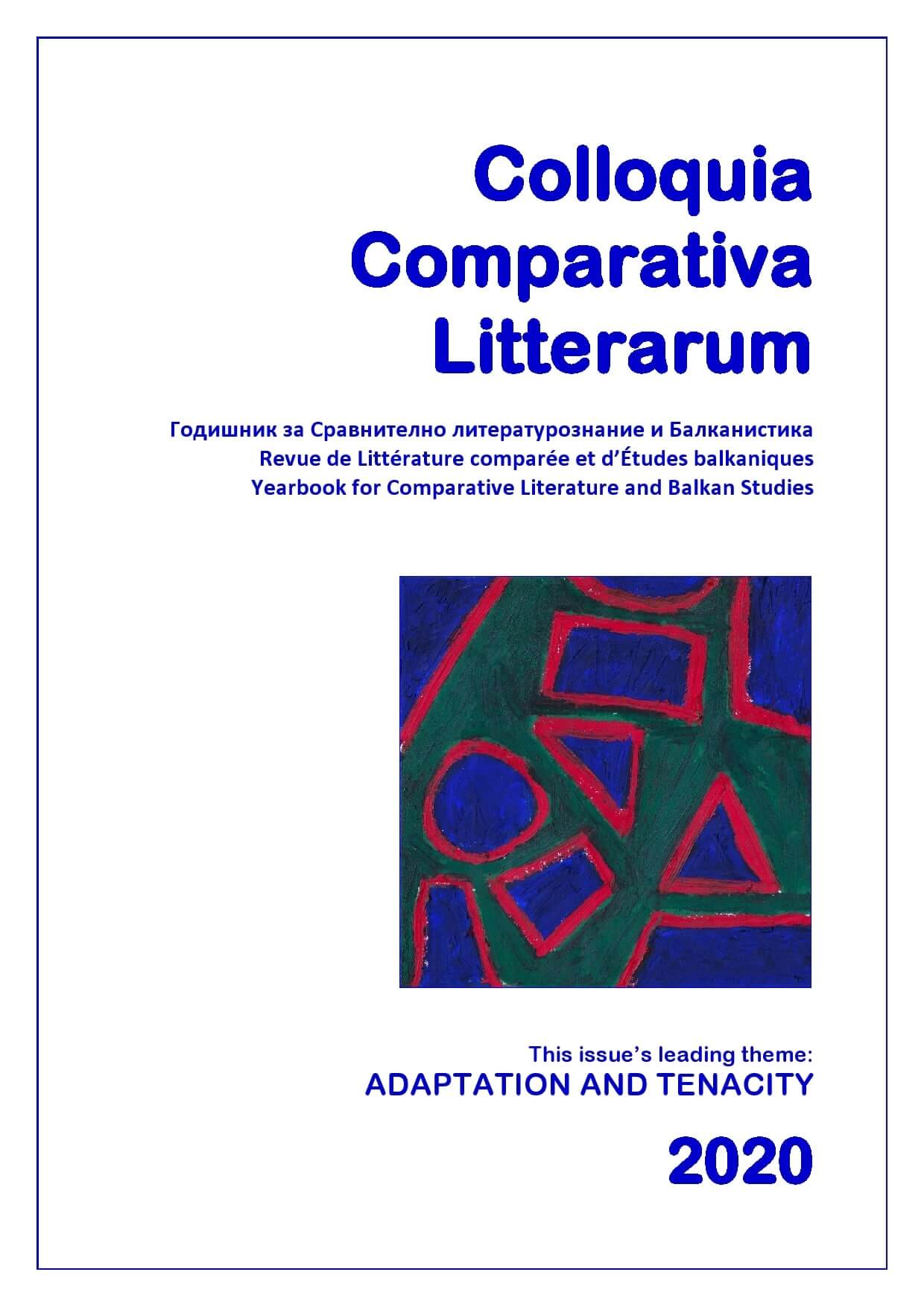
Book review: Maria Bucur. Gendering Modernism. A Historical Reappraising of the Canon.
More...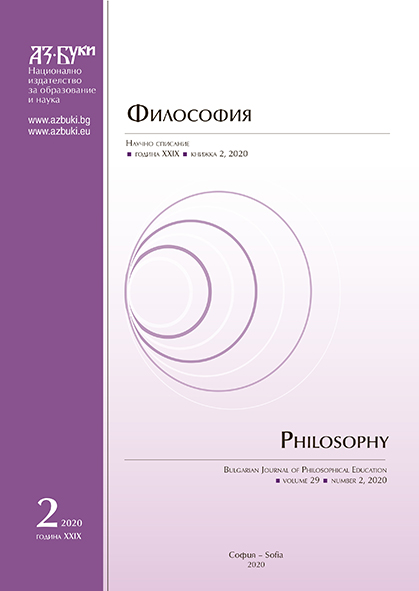
Kanawrow's anthropology traces the transcendental-phenomenological path of the formal-rational construction of human being. It is constructed by virtue of the creative activity of thinking and is not identical with the immediate existence of man as a natural, rational and social being. The pure form of thinking (reason) rationally formats the givenness of the immediacy of man, as the synthetic unity of the obtained result is ontologically presented as being of man. Two points are critically important. First, the immediate existence of man as a natural, reasonable and social being is not obliterated or destroyed. It is a permanent basic prerequisite that unendingly and sustainably accompanies human existence. Second, in the critical version, the rational formatting takes place not directly and brutally, but indirectly, transcendentally, through phenomena. On the a priori-posterior portal, phenomena (transcendental schemes, Kant) are born. They are not equivalent to experiences. In the field of experience, phenomena mediate and exert cognitively and ontologically the constructive power of reason. Many phenomena make up the transcendental and the process of transcendentalization. According to Kanawrow, transcendental phenomena are space-time-number, love, language, politics, freedom and religion (other phenomena may be revealed, as well). They have a spontaneous occurrence in the a priori-posterior transition of pure thinking and a playful manifestation in the field of experience. In this transcendental-phenomenological way, based on the immediate givenness of man (natural being, gender, emotions, communication, cohabitation, consciousness, faith, etc.), Kanawrow shows how reason ontologically builds human being as an organism, family, people, state, spirit , church and more. In this ontological typicality, one is simultaneously a body, husband/wife, individual, citizen, personality, layman, etc. According to Kanawrow, the unity of these modes of being of man is the Self. It is a synthetic philosophical picture of man that is alternative to his existence.
More...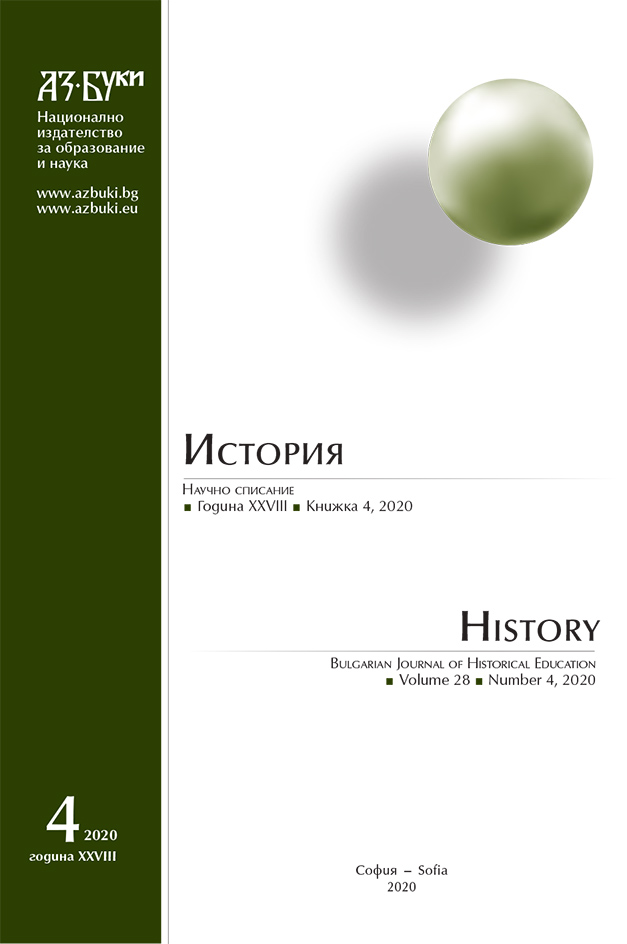
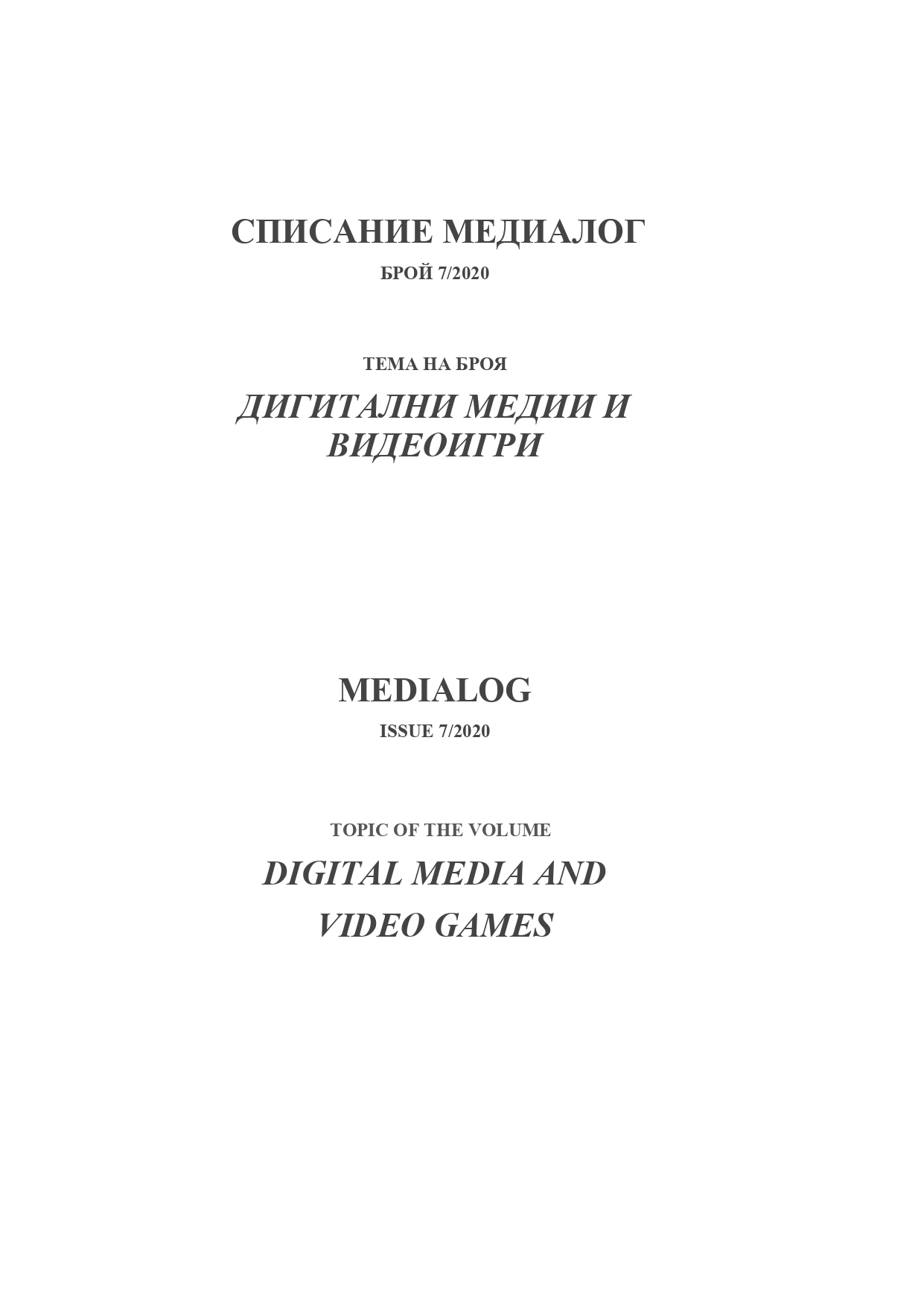
The book by Lozanka Peycheva ‘The folk spirit’ in author’s songs from Bulgaria’ (Sofia: “St. Kliment Ohridski” University Press, 2019) is part of research work on the scientific project “The soft power of popular music in media (by examples from Bulgaria and the Balkans”, financed by the Bulgarian national science fund.
More...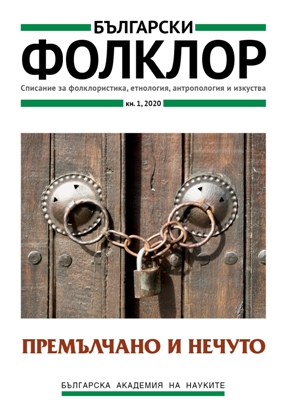
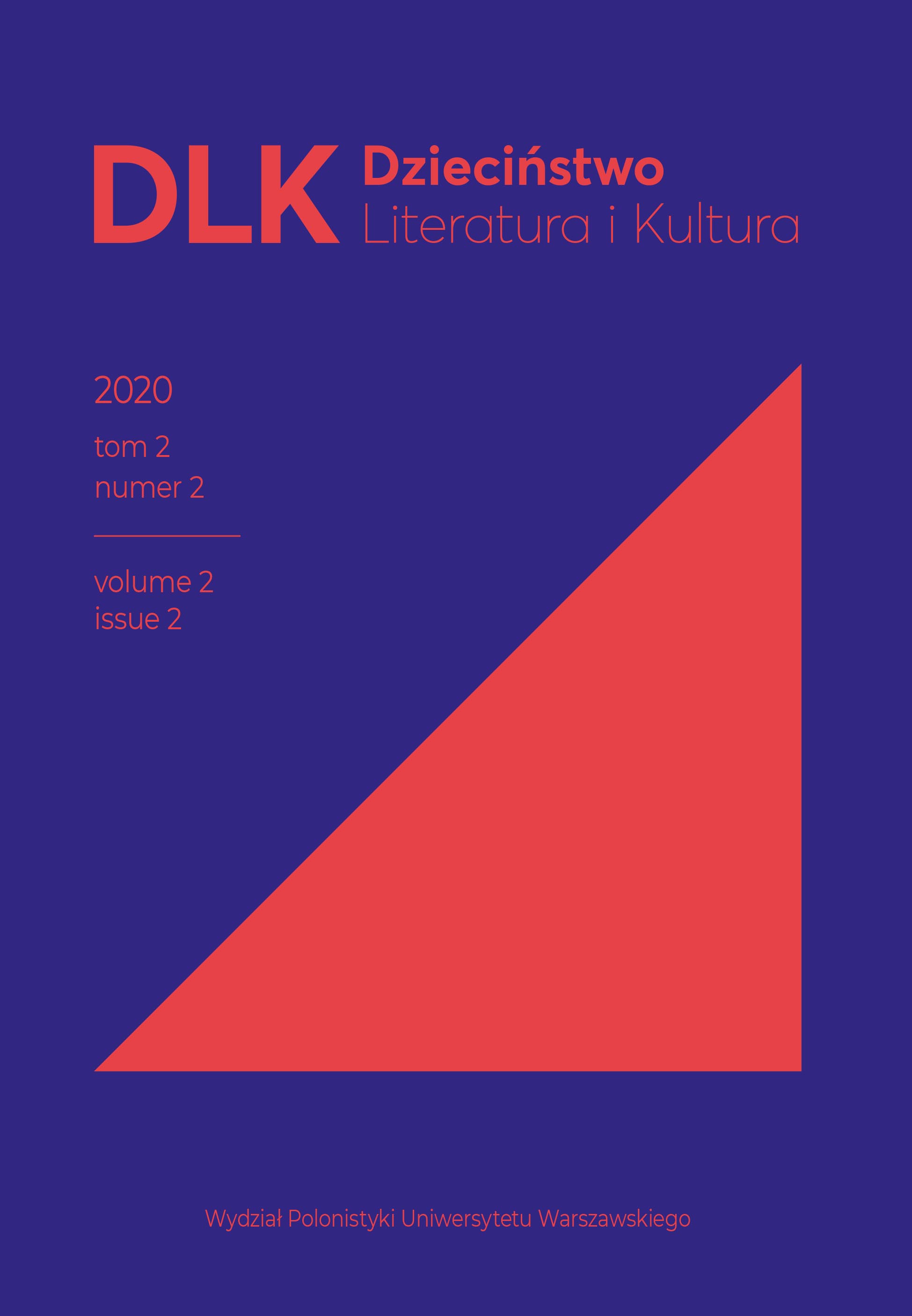
The review article discusses the book Po pierwsze. O literaturze dla dzieci (i nie tylko) [Firstly: About Children’s Literature (and not only)] co-authored by literary scholars from the University of Silesia in Katowice (Poland): Iwona Gralewicz-Wolny and Beata Mytych-Forajter (2019). The book is a continuation of the publication of the same researchers entitled Uwolnić Pippi! Twórczość dla dzieci wobec przemian kultury [Free Pippi! Children’s Literature and Cultural Changes] (2013). In both, the emphasis is clearly put on the Nordic, i.e. Scandinavian and Finnish literature, as evidenced both by the selection of the analysed material and, for example, by the cover illustrations. Therefore, it is discussed first in the review – and from a comparative perspective, since the authors explore the same books as in 2013, mainly the works by Astrid Lindgren and Tove Jansson. The remaining chapters of the volume are divided into classics, which clearly dominate, and newer books. The article concludes with a comment on the title of the reviewed book and its overall evaluation.
More...
Anna Bugajska’s recent book Engineering Youth: The Evantropian Project in Young Adult Dystopias (2019) is an important and thought-provoking inquiry into the field of young adult literary criticism. While for the average reader, young adult narratives may be associated with juvenile tales created with an intent to provide escapist entertainment, a true connoisseur of youth literature is well aware of an immense didactic potential of this genre. Bugajska certainly belongs to the latter category as she diligently engages with young adult dystopias to highlight the immense critical power of these texts. In the following review article, the author of the paper is going to offer a brief commentary on the critical perspective that Bugajska employs to explore the notion of evantropia. The first section of this review discusses Bugajska’s volume as a part of utopian intellectual tradition, the second section postulates that ideas presented in Engineering Youth enrich literary criticism in the field of speculative fiction and children’s and young adult literature, the third section briefly discusses the layout of the volume and the content of each chapter, the fourth section presents an overview of selected core ideas that Bugajska presents in her work and in the last section the author of the paper offers his final thoughts on Engineering Youth.
More...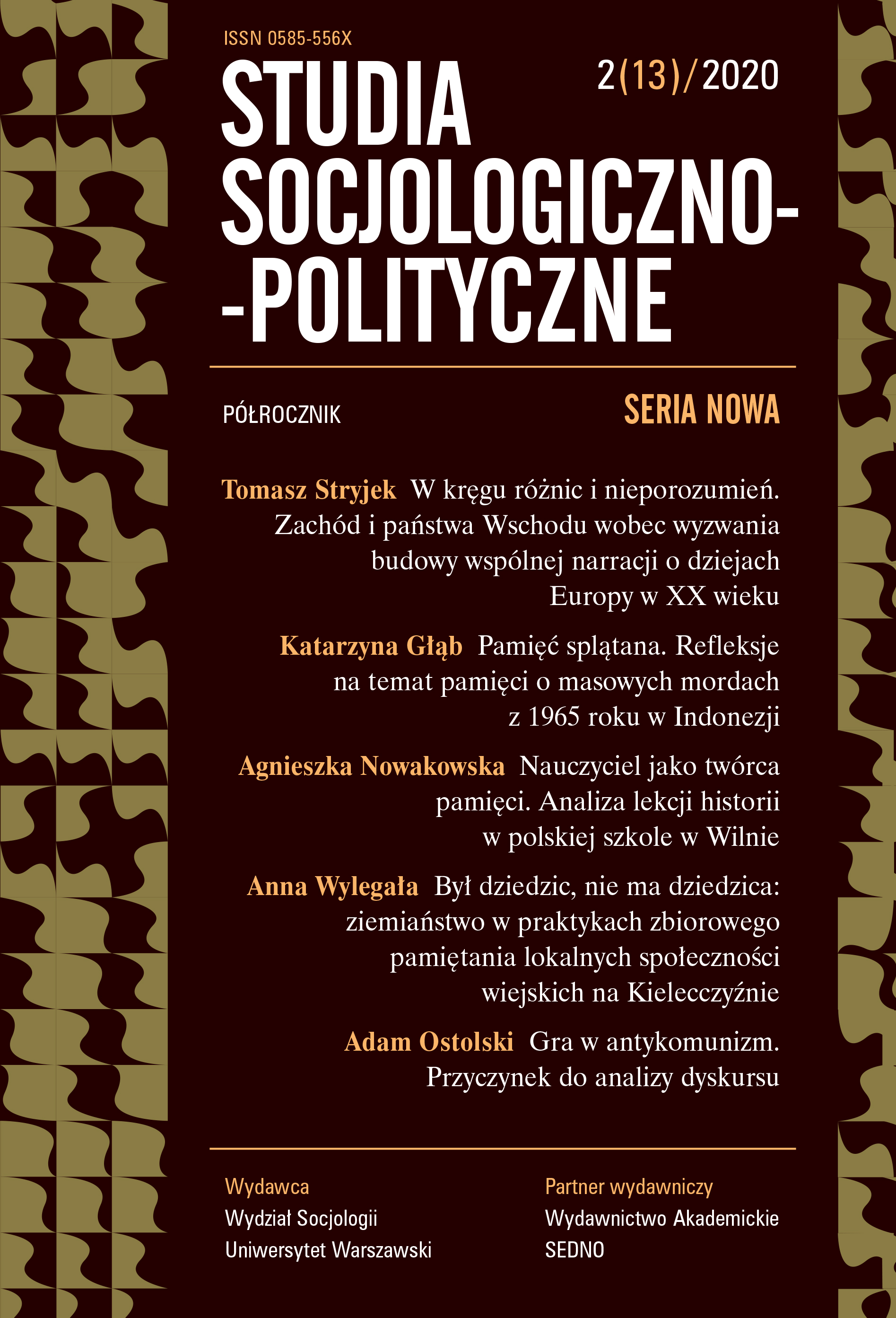
This essay is dedicated to a book written by Tomasz Rawski titled "Boszniacki nacjonalizm. Strategie budowania narodu po 1995 roku" (Eng.: "Bosniac nationalism. Nation-building strategies after the year 1995") which was published by Wydawnictwo Naukowe Scholar in the year 2019. Basing on an analysis of contemporary politics of memory in Bosnia and Herzegovina relating to the 1992–1995 war, the author presents two antagonistic nation-building strategies.
More...